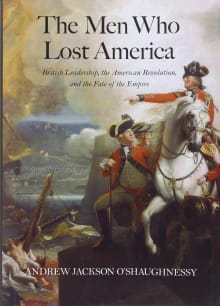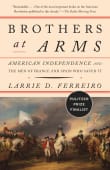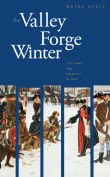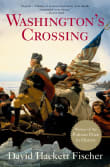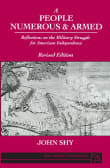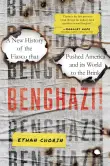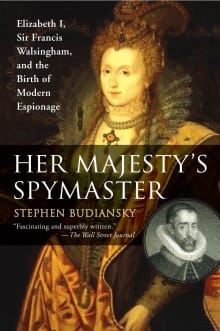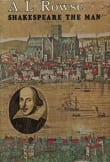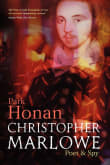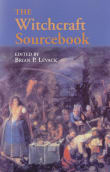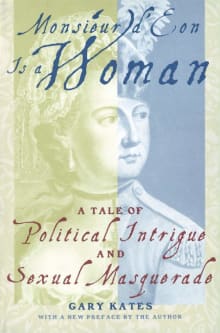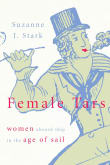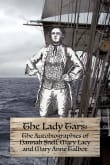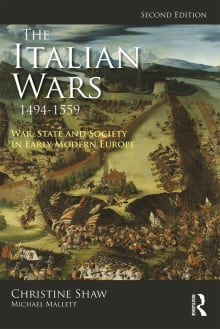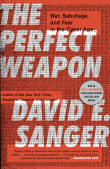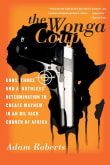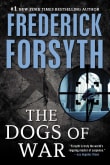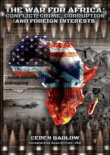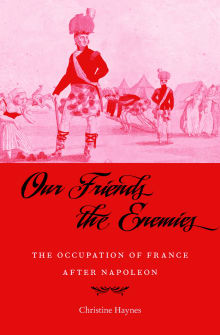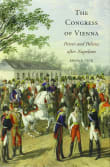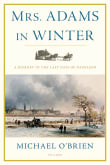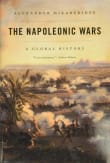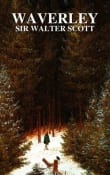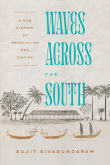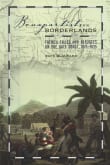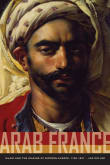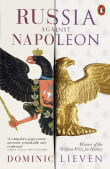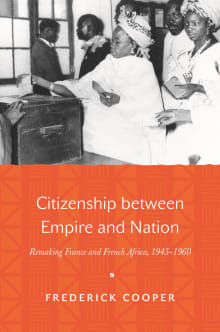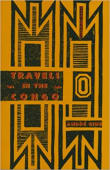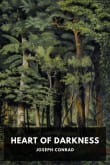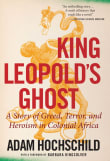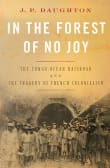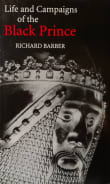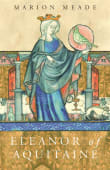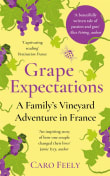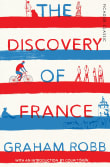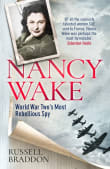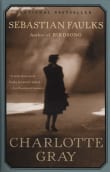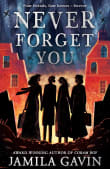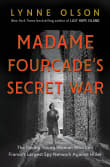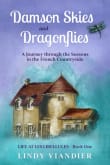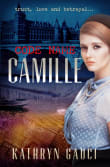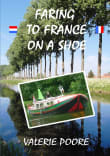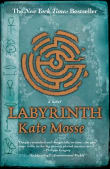Why am I passionate about this?
I became a historian of the American Revolution back in the early 1970s and have been working on that subject ever since. Most of my writings pivot on national politics, the origins of the Constitution, and James Madison. But explaining why the Revolution occurred and why it took the course it did remain subjects that still fascinate me.
Jack's book list on the Revolutionary War and why the British lost it

Why did Jack love this book?
The vast majority of books on the Revolutionary War are written by Americans, and they predictably focus on the conflict from the Patriot side. But throughout the war, the strategic initiative rested with Britain, not the United States. Through a series of brilliant biographical chapters, O’Shaughnessy traces the history of the war and the evolution of British strategy, and its ultimate failure, from the imperial side.
3 authors picked The Men Who Lost America as one of their favorite books, and they share why you should read it.
The loss of America was a stunning and unexpected defeat for the powerful British Empire. Common wisdom has held that incompetent military commanders and political leaders in Britain must have been to blame, but were they? This intriguing book makes a different argument. Weaving together the personal stories of ten prominent men who directed the British dimension of the war, historian Andrew O'Shaughnessy dispels the incompetence myth and uncovers the real reasons that rebellious colonials were able to achieve their surprising victory. In interlinked biographical chapters, the author follows the course of the war from the perspectives of King George…
